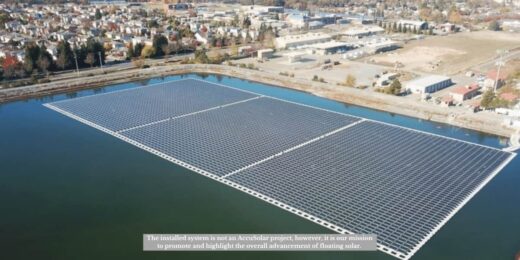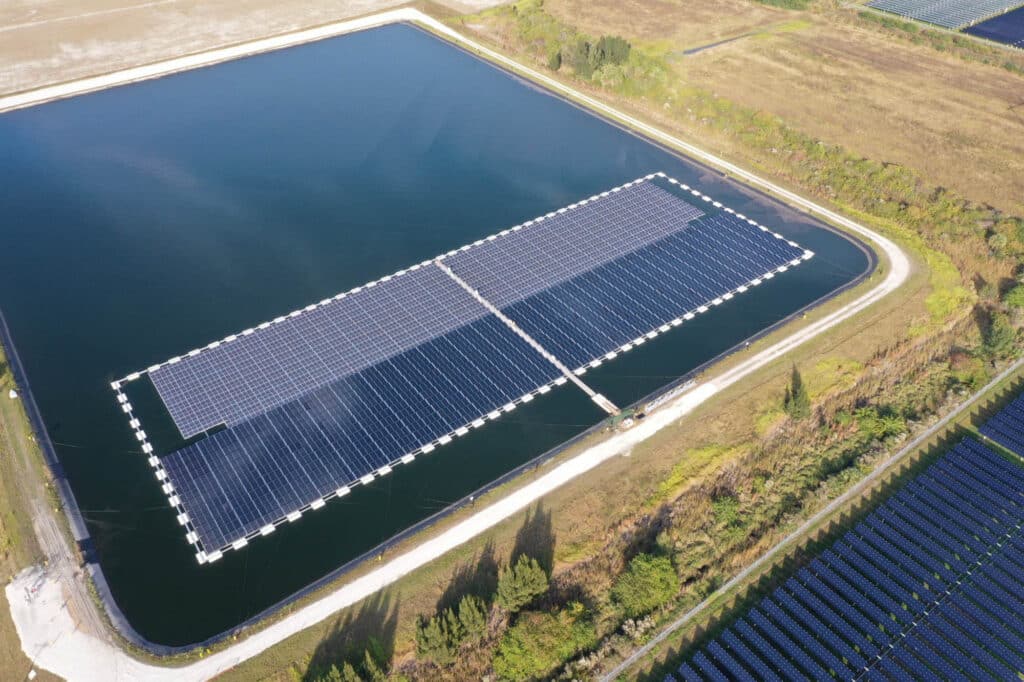The solar energy landscape is evolving rapidly, and with it comes a new contender for renewable energy dominance: floating solar panels. As more industries and municipalities explore innovative ways to harness solar power, the debate between float panels vs. traditional solar has gained significant traction. This blog dives into the solar comparison, highlighting the strengths and weaknesses of both technologies to help decision-makers in the energy sector make informed choices.
Understanding the Basics: What Are Float Panels?
Float panels, or floating solar panels, are photovoltaic systems installed on water bodies such as reservoirs, lakes, or even wastewater treatment ponds. This innovative approach to solar installation offers unique advantages, especially in areas where land is scarce or expensive. By contrast, traditional solar panels are mounted on rooftops, ground systems, or large-scale solar farms, requiring significant land allocation.
Solar Comparison: Key Differences
When comparing float panels vs. traditional solar, it’s essential to consider several factors, including installation requirements, energy efficiency, environmental impact, and cost. Let’s break down these critical differences:
1. Installation and Space Utilization
Traditional solar installations require ample land or roof space. This can pose challenges in urban areas or regions where land costs are high. Float panels eliminate this issue by utilizing underused water surfaces. For example, floating solar installations can coexist with hydroelectric plants, maximizing the utility of existing resources.
Key Insight: Float panels can generate renewable energy without competing for valuable land resources, making them an excellent option for densely populated regions or facilities with water access.
2. Energy Efficiency
A standout feature of float panels is their enhanced energy efficiency. The cooling effect of water reduces the operating temperature of solar panels, improving their performance. Traditional solar panels, especially those in hot climates, may experience reduced efficiency due to overheating.
Fact Check: Studies have shown that floating solar panels can be up to 10-15% more efficient than their traditional counterparts in similar conditions.
3. Environmental Impact
Floating solar systems offer unique environmental benefits. By covering water surfaces, they reduce evaporation, which is particularly beneficial in drought-prone areas. Additionally, they can help mitigate algae growth by limiting sunlight penetration. Traditional solar panels, while eco-friendly, do not offer these water-conservation benefits and can impact ecosystems during land clearing for installations.
Consideration: Floating solar panels are ideal for water-stressed regions or facilities aiming to optimize resource management.
4. Cost Considerations
The cost of solar panel systems depends on installation, maintenance, and scalability. Traditional solar installations are more established and may have lower upfront costs due to standardization. However, float panels’ long-term benefits, including higher efficiency and dual-purpose functionality (energy generation and water conservation), can offset initial expenses.
Pro Tip: Evaluate both upfront and lifecycle costs to determine which solution offers the best ROI for your specific needs.
Real-World Applications: Where Do They Shine?
The debate over float panels vs. traditional solar becomes even more interesting when considering real-world applications:
- Float Panels: These are particularly suited for water utilities, wastewater treatment facilities, and energy providers looking to utilize water bodies for dual purposes. Municipalities with limited land availability can also benefit from floating solar technology.
- Traditional Solar: This technology remains ideal for residential, commercial, and large-scale solar farms where land or roof space is readily available.
Solar Comparison in Action: Floating solar farms on reservoirs provide renewable energy without disrupting agricultural land. Similarly, traditional rooftop installations dominate in urban residential areas.
Challenges to Consider
While both technologies offer compelling benefits, they come with challenges:
- Float Panels: Installation on water requires specialized expertise and equipment.
- Traditional Solar: Land acquisition and potential ecological impact remain significant hurdles for large-scale projects.
Why Float Panels Are Gaining Momentum
AccuSolar is at the forefront of promoting floating solar technology, and for good reason. Float panels represent an innovative solution to many challenges facing traditional solar. By leveraging water bodies, they provide a sustainable and efficient energy generation method that aligns with the goals of renewable energy advocates worldwide.
Float Panels vs. Traditional Solar – The Verdict
So, which reigns supreme in the battle of float panels vs. traditional solar? The answer depends on your specific energy needs, location, and sustainability goals. Float panels excel in water-rich, land-scarce environments, while traditional solar remains a reliable choice for areas with ample space and established infrastructure.To learn more about how floating solar panels can transform your renewable energy strategy, contact us. Our team of experts are ready to guide you toward the best solar solution for your needs. Whether you’re an energy provider, municipality, or project developer, we’re here to help you harness the power of the sun with cutting-edge technology.





